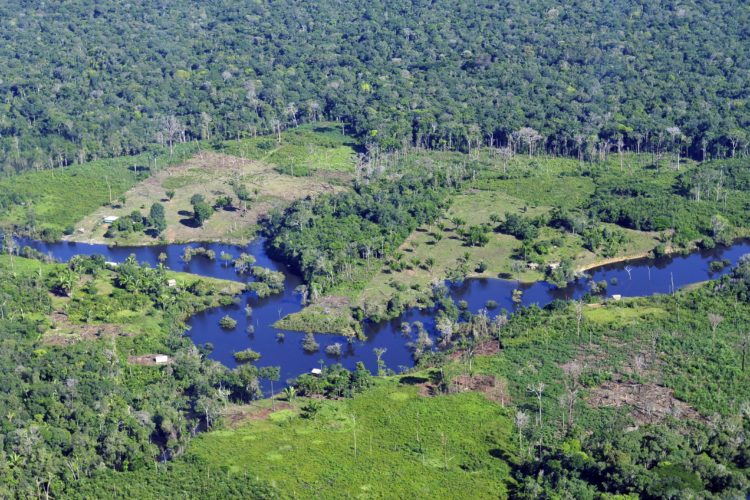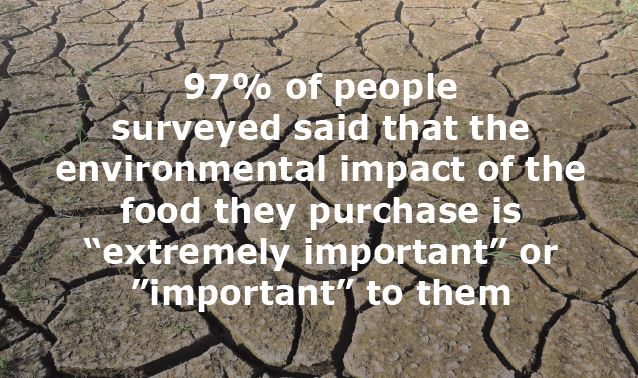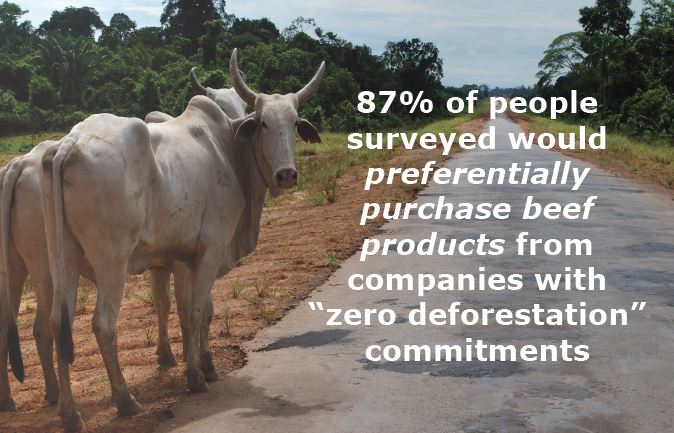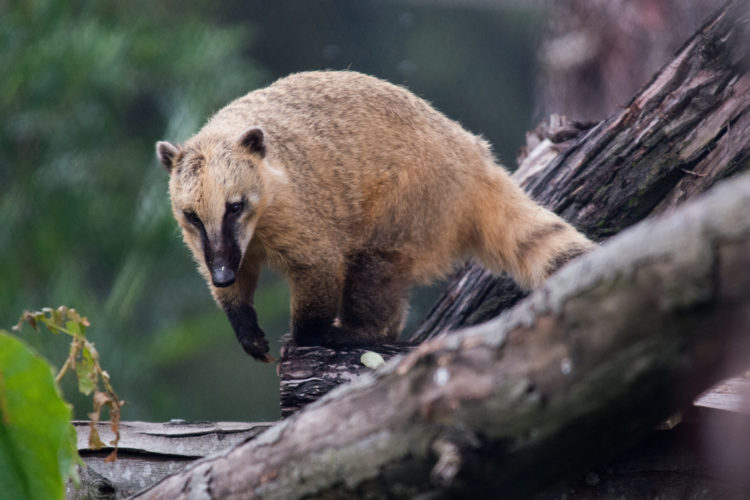We have much more to do and your continued support is needed now more than ever.
NWF Supporters Lend Their Voice to Protect Tropical Rainforest Habitat

The expansion of cattle ranching is one of the leading drivers of deforestation in species-rich areas, like the Amazon rainforest. When tied to deforestation, cattle products such as beef, leather, and tallow can have detrimental effects on climate and wildlife habitat. Furthermore, recent developments in U.S. trade policy mean that beef products from the Brazilian Amazon, which may be linked to deforestation and habitat destruction, could end up in North American supermarkets, restaurants, or fast food chains. This presents a timely and meaningful opportunity for consumers in the U.S. to voice their opinions about this important issue and send a strong signal in support of products that are more sustainable and that help protect wildlife.
Environmental impacts can’t be ignored

The National Wildlife Federation’s International Wildlife Conservation team created a survey to assess concerns about the potential impact of cattle ranching on tropical rainforests and wildlife. The survey sought to gather insights about consumer preferences for products that are more environmentally friendly, such as beef products that are covered under “zero deforestation” policies. The responses from the 6,000 supporters who participated in the survey sends a clear message to companies: the beef sold in our markets and restaurants should not harm the environment or destroy wildlife habitat!
Working together to incentivize company action

Generally, “zero deforestation” commitments and policies prohibit farmers and ranchers from clearing or converting forests for agricultural use. The National Wildlife Federation’s International Wildlife Conservation team works to advance “zero deforestation” agricultural production in tropical regions by collaborating with companies to develop and strengthen policies that safeguard tropical forests and protect wildlife. Armed with the collective voice of its supporters, the National Wildlife Federation is able to reinforce the message that companies can benefit from adopting and strengthening their commitments to “zero deforestation” beef. Through effective collaboration, the International Wildlife Conservation team aims to support sustainable production systems on the ground, promoting win-win solutions for the environment, wildlife, and people.

What about other food products?
Several participants from the survey expressed that although they do not eat beef products, they are still concerned about the environmental impact of their food purchases. To address these concerns, the International Wildlife Conservation team is planning a follow-up blog about soy, another major commodity that is driving tropical deforestation and the loss of critical wildlife habitat. Stay tuned for more!
See results to all survey questions here.
Lend your voice to support the National Wildlife Federation’s work in protecting tropical wildlife habitat.
Take Action





















